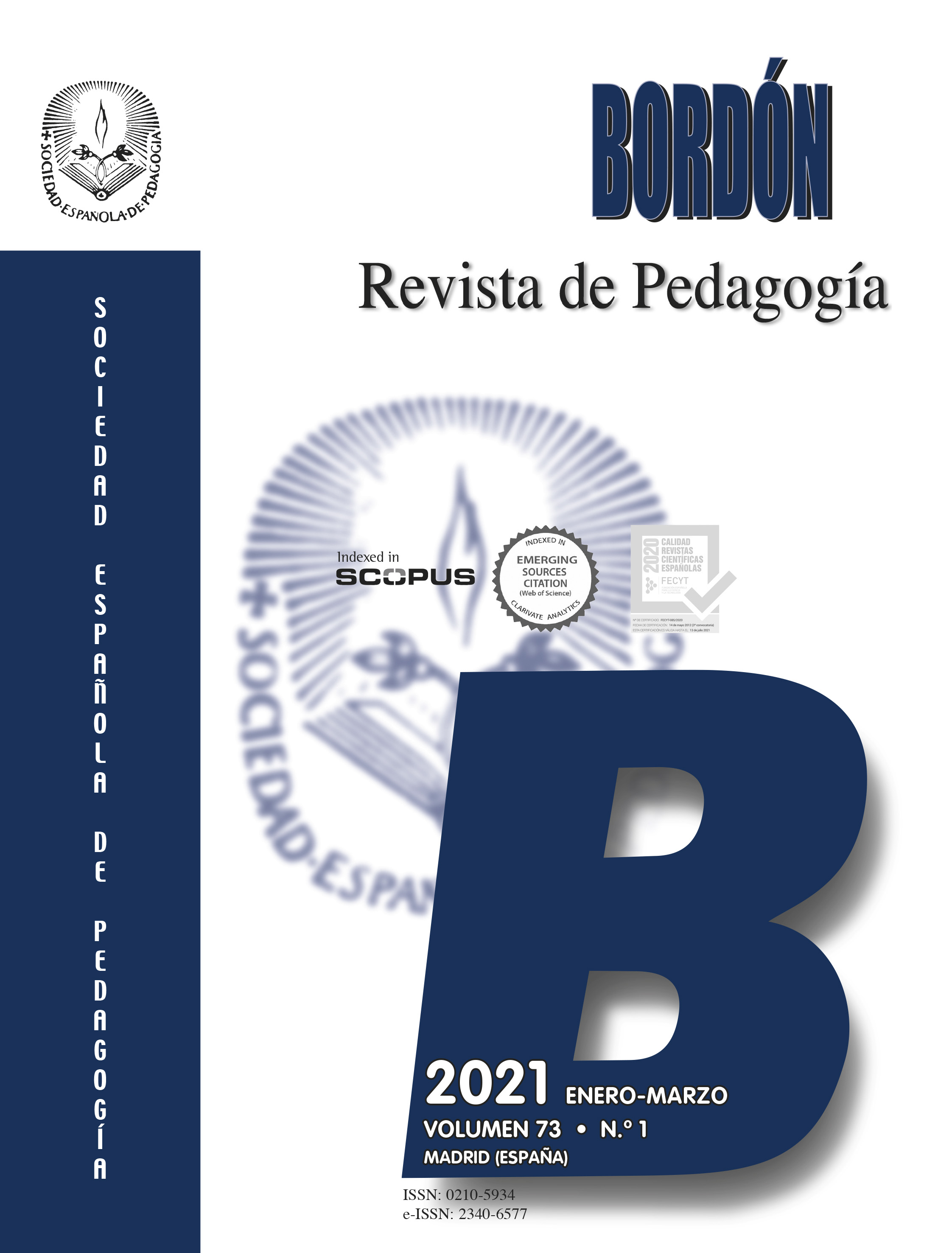Rethinking the fundamentals and practices of intercultural education in era of insecurity
Contenido principal del artículo
Resumen
INTRODUCTION. In a globalized and multicultural world, one is increasingly challenged by encounters and relationships with the other. Intercultural pedagogy develops its reflections around these problems, while continuously updating its meanings and purposes. METHOD. Starting from a reinterpretation of the pedagogical foundations of the relationship between identity and otherness, this contribution proposes to outline the role and purpose of an intercultural pedagogy in relation to the framework of insecurity that characterizes multicultural society today. RESULTS. The interplay between the theoretical analysis of intercultural pedagogy and the various manifestations of risk, especially as regards the condition of vulnerability experienced by refugees and migrants, allows us to outline new educational goals for an authentic relationship with others. DISCUSSION. As a result of the above observations, the need for a continuous interpretation of intercultural education in relation to the constantly changing scenarios emerges. In addition, the training of educational and pedagogical professionals that make use of intercultural mediation to prevent conflict and upgrade living conditions and encourage a better education for the new wave of immigrants becomes crucial.

